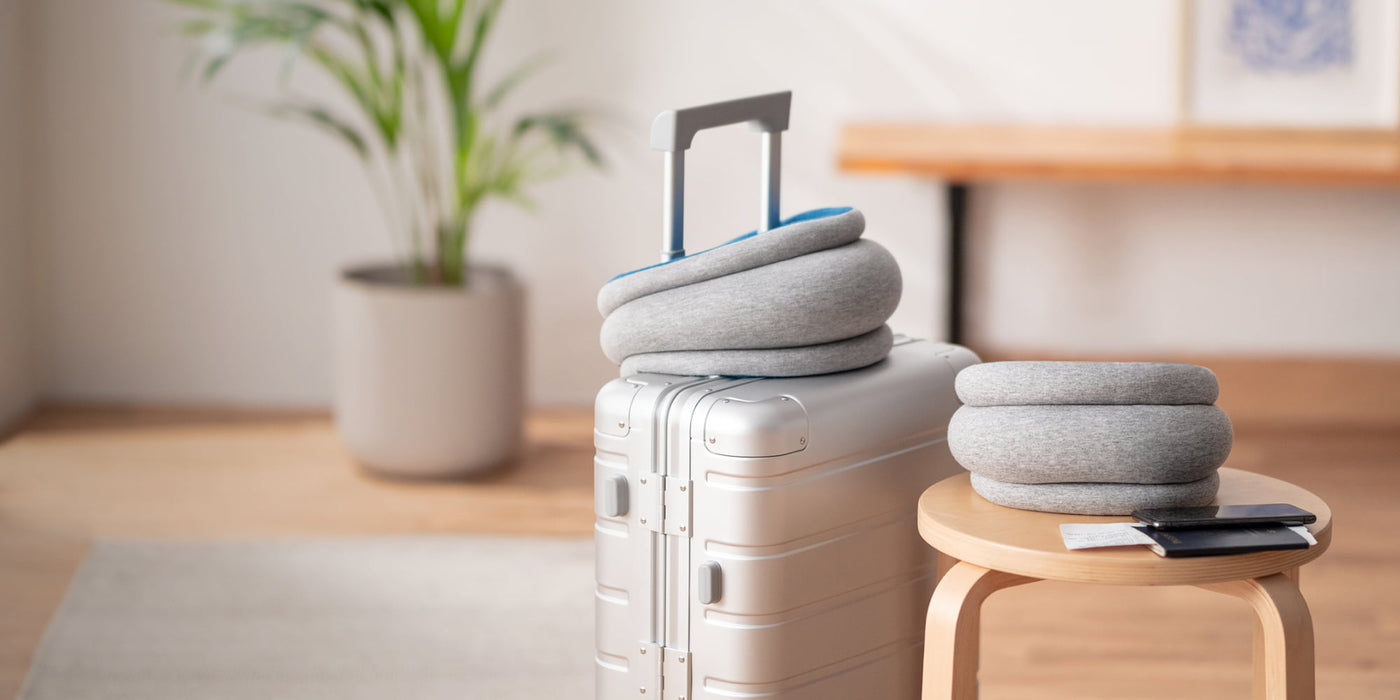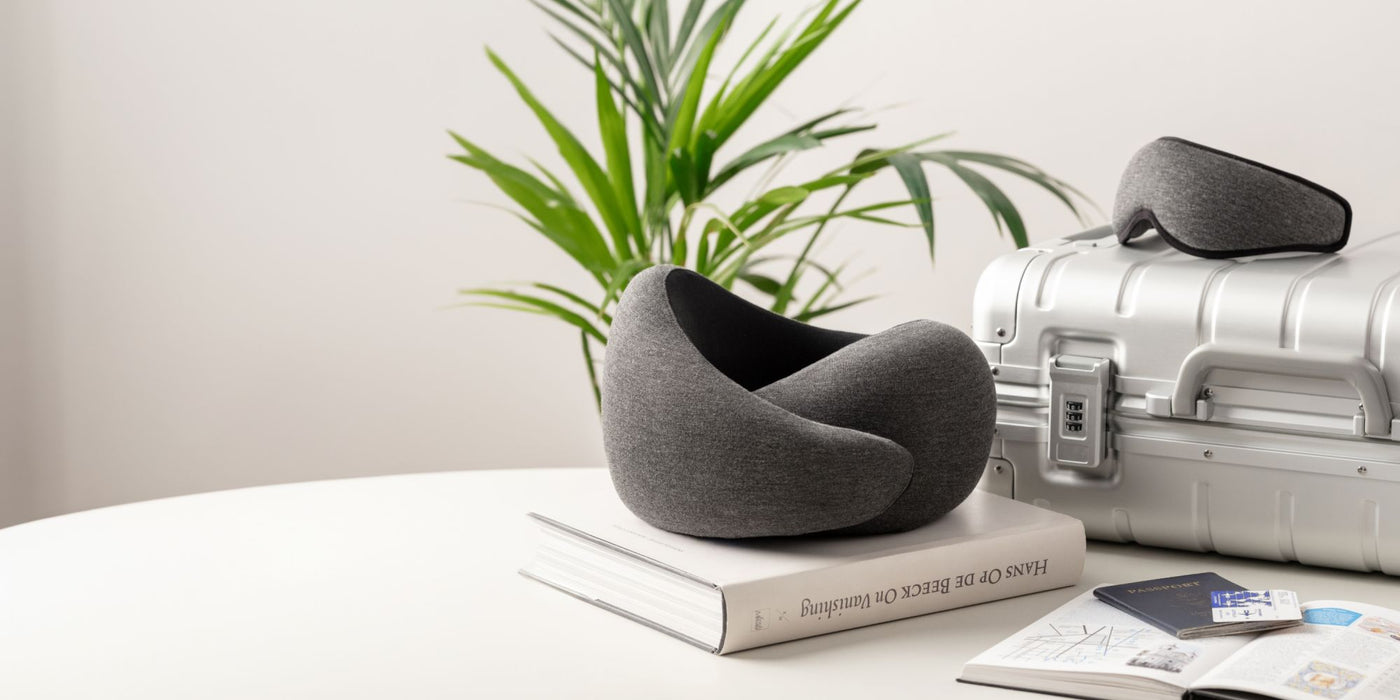
Everyone is familiar with the concept that human beings have a few basic needs that have to be met in order to stay happy, healthy, and thriving. Some examples are things like food, water, shelter, and companionship — just the basics. But people are complicated, and the requirements for living a fulfilling life go way beyond those core essentials. What about emotional needs? A list of emotional needs might include things like:
- Love or deep relationships
-
Fulfilling hobbies
- A sense of purpose
- Spirituality
- Contentment
-
Calm
Because each person is their own unique individual with specific preferences, desires, and dreams, emotional needs are a little bit different for everyone, and your emotional needs might not look exactly like your friend’s, or your partner’s. That’s why it’s important to spend time discovering and learning about the things you need to feel happy, safe, and fulfilled in your life.

How can you discover your personal emotional needs?
Everyone’s emotional needs are different. How can you uncover your own personal emotional needs — and take steps to nurture them? Below you’ll find a few ways that might be helpful in starting your journey of emotional discovery.
- Journaling. By writing down your thoughts and taking a few moments to reflect upon your feelings about the day’s events, you can better understand your motivations and the reasoning behind your actions. You can also trace a thread from things that happen to you and your reactions, and take action to change things you might not be happy with.
-
Meditation. This mindfulness practice might look different for everyone. Some people choose to meditate by sitting in a specific place in their home, on a fancy pillow, with candles and crystals arranged in a specific way. Others might meditate by doing yoga, walking, or just sitting quietly on a park bench. You can decide which form of meditation works best for you.
At its heart, meditation is simply the act of quieting the mind and taking time to observe each thought as it enters your mind; you might look briefly at each thought and imagine it floating away like a cloud, or envision the words disappearing from your mind. Meditation can also involve repeating a mantra to yourself, or simply lying down on your bed and taking a time-out. To take a break no matter where you are, you could try an isolation tool like the Ostrichpillow Napping Pillow, which helps you create a quiet, cocoon-like environment to support your meditation practice whether you’re at work, at home, or travelling.
- Reading and research. It’s always valuable to learn more about the mind and how it works. There are many books and films on spirituality and wellbeing that can help you dive deeper into your own study of your emotional needs. Visit your local library or check out some audiobooks on how our mental and emotional health contributes to our overall health, and how you can improve both by practicing Self-Care — no matter what that looks like for you.

Everyone’s emotional needs look a little different, but we can all benefit from learning about the things that make us feel good — emotionally, physically, and mentally. What stimulates you? What makes you feel content? Take a few moments each day to reflect on these questions, and find the Self-Care practices that best enhance and celebrate your own unique emotional needs.
Ostrichpillow.
Self-Care Matters.
Want to feel good?
At Ostrichpillow we're all about Self-Care and wellbeing. Join our community and you'll receive special offers and inspiration fresh to your inbox.
Photo by Mikhail Nilov on Pexels
Photo by Cottonbro on Pexels
















































































